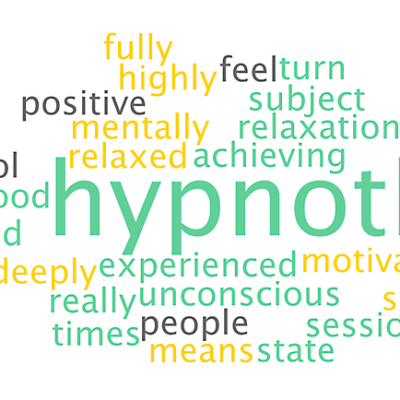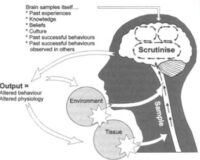
Hypnosis – A Natural Option
Have you ever started the year with good intentions or resolutions to make changes in your life?
These changes, if successfully made, could have a major impact on your health and happiness. And you are the only one who can make those changes, right? That’s right.
Hypnotherapy can help you gain more control over your own thoughts and actions, so you can make the right choices for yourself. It can also help manage some physical symptoms.
It is a safe and natural option to help you manage aspects of your health.
As a Clinical Hypnotherapist, I love to work with people to find a unique solution to their situation.
What is hypnosis?
Hypnosis is a state where a person experiences a heightened focus and concentration while the body remains in a very relaxed state. It is not sleeping. Hypnosis is usually done with the help of a therapist using verbal repetition and mental images. When under hypnosis, you usually feel calm and relaxed and your subconscious mind is more open to suggestions.
It’s important to know that, although you’re more open to suggestion during hypnosis, you don’t lose control over your behaviour.
While some people may feel a little apprehensive about being hypnotised, cause for concern is often based on performances by stage hypnotists, or concerns about mind control. Clinical Hypnotherapy is not mind control, nor like a stage performance and is practised in an office setting.
We could say our minds are similar to computers. The computer screen is like our conscious mind, that part of us that we are aware of day to day, the logical, rational, analytical side of us. The software of a computer, the operating programs and databases, is like our subconscious mind, where our experiences, emotions, memories and biological functions, such as breathing, are stored.
Hypnotherapy is a similar to defragging, reprogramming or updating software to amend and repair a computer glitch. Hypnosis allows you to access your subconscious to make the changes you wish to make.
What does hypnosis feel like?
Your experience of being in hypnosis is an individual thing. You may hear and remember everything, feeling focussed and alert, while your body feels very relaxed, it feels very heavy, or maybe very light. You may drift in and out of awareness and remember parts of the session. A small number of people report no awareness of their session, but virtually everyone finds being in hypnosis very relaxing.
Can I be hypnotised?
Hypnotism works for many people. If you have found in the past that you have:
- Got lost in a book or a film and not noticed someone talking to you
- Followed instructions
- Allowed yourself to let go into an experience, in the same way you do during meditation for example;
You will find that you will probably experience hypnosis. Most people can reach a hypnotic state, but there are some who won’t. If you have made a commitment to change and you are prepared to put energy into supporting that change then hypnotherapy is likely to be a good option for you.
What hypnosis doesn’t do
Hypnosis doesn’t cure cancer, but it can help with pain management. Hypnosis won’t help you grow a new limb, fix broken bones, heal organic damage or resolve psychiatric conditions. It’s not likely to make you do something you don’t want to do. For example, if your partner wants you to give up smoking and you don’t want to give up, then the chances of you giving up against your will are slim.
It is not mind control, nor is it a magical solution.
What benefits does hypnosis have?
Hypnosis can be used to help you gain control over undesired behaviours, or so that you can manage better with anxiety or pain.
Hypnotism is a tool that can help you to apply your willpower, determination and imagination to good use and to make changes that support a healthier, happier lifestyle for you.
There are many issues that hypnotherapy can help you manage, including but not limited to issues such as:
- Stopping Smoking
- Managing Fears and Phobias
- Making or Breaking of Habits
- Pain management
- Self-esteem and confidence
- Irritable Bowel Syndrome
- Menopausal Symptoms
- Anxiety
- Performance enhancement, as in sport, dance, study, exams for example.
It is a natural and safe approach that is effective for many people. Generally, it is a brief intervention. It depends on the issue, but most people have between 3 and 5 sessions. A number of people have good results after 1 session. It is an intervention that can provide you with discreet and effective coping strategies for managing and controlling your own behaviour and feelings. It will help your confidence grow in the process.
Although you will still need to be proactive in making the changes for yourself, you will probably find that hypnotherapy can make life a whole lot easier!
References
American Psychological Association “Hypnosis Today” – http://www.apa.org/topics/hypnosis/media.aspx?item=2
Mayo Clinic, Mayo Clinic Staff – http://www.mayoclinic.org/tests-procedures/hypnosis/basics/definition/prc-20019177




